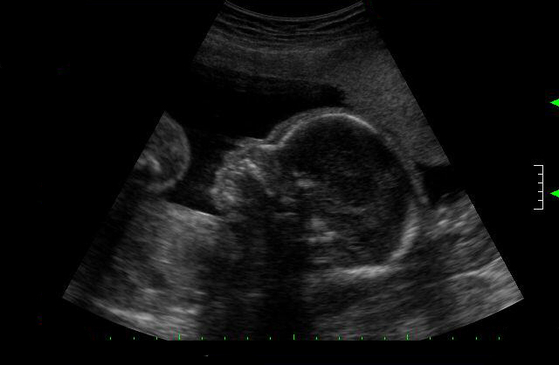![Fetal ultrasound picture. [중앙포토]](https://i0.wp.com/pds.joins.com/news/component/htmlphoto_mmdata/202102/09/f5e8ab7c-bc4f-4c74-bd43-934fb6b5d596.jpg?w=560&ssl=1)
Fetal ultrasound picture. [중앙포토]
Studies have shown that caffeine may have a lasting effect on the development of brain neurons in fetuses. Excessive caffeine intake in pregnant women can cause changes in important brain nerve pathways in the fetus, leading to behavioral disorders in childhood.
Scientists at the University of Rochester Medical Center (URMC) in the United States submitted a paper with this content in the scientific journal Neuropharmacology on the 8th (local time).
The research team analyzed the results of brain scans of 9,000 children aged 9-10 years old who participated in the Adolescent Brain Cognitive Development (ABCD) study at the University of Rochester. As a result, children exposed to caffeine through the placenta had a different brain structure.
The researchers estimated this as the result of changes in the organizational processes of the white matter track that connects brain regions. In addition, cases of high behavioral disorder, attention disorder, and hyperactivity were identified in these children.
However, it is not known at what point during pregnancy this brain structure change occurs. Also, it is pointed out that the limit of this study is that the amount of caffeine intake during pregnancy was estimated based on the mother’s memory.
ABCD is the largest brain development and child health research program funded by the National Institutes of Health (NIH).
“The minor effects of caffeine do not cause terrible neuropsychiatric disorders,” said Dr. John Fox, director of research at Rochester’s ABCD. said.
He added, “From the results of this study, caffeine consumption during pregnancy is not a good idea.”
Reporter Dayoung Kim [email protected]
